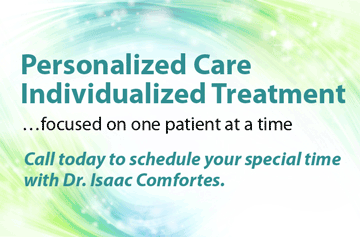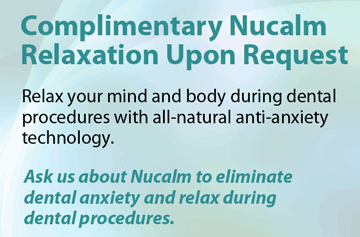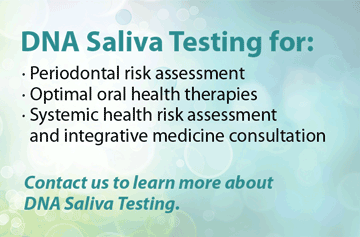
Oral cancer is a serious health concern that affects thousands of people each year. In the United States, nearly 58,500 individuals will be diagnosed with oral or oropharyngeal cancer this year, and unfortunately, over 12,250 lives will be lost to this disease. That means oral cancer takes one life every hour, 24 hours a day (oralcancerfoundation.org). The good news? Early detection can significantly improve survival rates.
Why Early Detection Matters
Oral cancer has a high death rate, not because it is difficult to diagnose, but because it is often detected too late. In its early stages, oral cancer can be painless and go unnoticed. By the time it is discovered, it may have already spread to other areas, making treatment more difficult. Regular dental check-ups play a crucial role in identifying the signs of oral cancer early.
Oral Cancer Risk Factors
Understanding risk factors can help in prevention. Some key risk factors for oral cancer include:
- Tobacco & Alcohol Use: Smoking and excessive alcohol consumption significantly increase the risk.
- HPV Infection: The human papillomavirus (HPV16) is now one of the leading causes of oropharyngeal cancer, particularly in younger adults who do not smoke.
- Prolonged Sun Exposure: UV radiation increases the risk of lip cancer.
- Poor Diet: A diet low in fruits and vegetables may contribute to increased risk.
- Age & Gender: While oral cancer was once most common in individuals over 40, it is now affecting younger adults as well. Men are also at a higher risk than women.
Warning Signs to Watch For
Be proactive about your oral health. If you notice any of the following symptoms lasting more than two weeks, schedule a dental visit immediately:
- A sore or ulcer in the mouth that does not heal
- White or red patches in the mouth
- A lump, thickening, or rough spot in the mouth or throat
- Difficulty swallowing or persistent hoarseness
- Persistent ear pain or numbness in the mouth or lips
Your Role for Cancer Prevention Is Holistic Dental Care
- Regular dental visits, along with self-examinations, can make a big difference. Here are some steps you can take to lower your risk:
- Get regular oral cancer screenings during your dental check-ups.
- Avoid tobacco and limit alcohol consumption.
- Get vaccinated against HPV to reduce the risk of HPV-related oral cancers.
- Maintain a healthy diet rich in fruits and vegetables.
- Use sun protection for your lips when outdoors.
We’re Here to Help
Our dental team is committed to your oral health and overall well-being. If you have concerns about oral cancer or would like to schedule a screening, don’t hesitate to contact us. Early detection saves lives!





 The general, cosmetic and reconstructive dental practice of Encino dentist Dr. Isaac Comfortes is devoted to restoring optimal oral health, which supports whole body health and enhances the natural beauty of smiles.
The general, cosmetic and reconstructive dental practice of Encino dentist Dr. Isaac Comfortes is devoted to restoring optimal oral health, which supports whole body health and enhances the natural beauty of smiles.